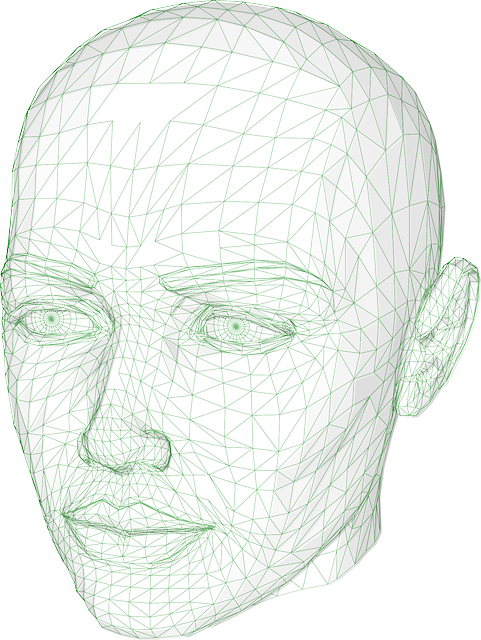Muscle soreness after workouts is a common issue, often attributed to micro-tears in muscle fibers. While kratom, derived from the plant Mitragyna speciosa, has gained popularity as a natural remedy for muscle pain and recovery, scientific evidence supporting its effectiveness is limited. Some users report hair loss as a potential side effect, possibly linked to stress relief or hormonal disruptions caused by certain kratom strains. Consulting a healthcare professional before using kratom is crucial to ensure safety, especially considering concerns about hair loss.
Muscle soreness, a common post-workout or athletic irritant, can range from mild discomfort to debilitating pain. This article delves into understanding the root causes of muscle soreness and explores natural remedies, with a focus on Kratom. While known for its analgesic properties, there’s growing interest in its potential to alleviate muscle aches. We also dissect a controversial side effect: whether Kratom might contribute to hair loss, addressing the query, “Can Kratom cause hair loss?” through scientific scrutiny.
- Understanding Muscle Soreness and Its Causes
- Exploring Kratom: A Natural Remedy for Pain Relief
- Is There a Link Between Kratom and Hair Loss?
Understanding Muscle Soreness and Its Causes

Muscle soreness is a common experience, especially for those who engage in regular physical activity or intense workouts. It’s essentially a sign that your muscles have been stressed and are undergoing micro-tears at the muscle fiber level. This process triggers an inflammatory response, leading to pain, stiffness, and reduced range of motion. Various factors contribute to muscle soreness, including exercise intensity, duration, improper form, dehydration, and inadequate recovery time. While it’s a natural part of the body’s repair process, chronic or severe muscle soreness can be uncomfortable and disruptive to daily life.
Interestingly, some individuals explore alternative remedies for relief, such as kratom, a natural herb known for its diverse effects on the body. However, it’s essential to understand that while kratom has been studied for various conditions, its primary role isn’t in treating muscle soreness. There is limited scientific evidence supporting its effectiveness for this purpose. Moreover, concerns about potential side effects, including hair loss, should be considered. As with any supplement, consulting a healthcare professional before using kratom for muscle relief is advisable to ensure safety and make informed decisions.
Exploring Kratom: A Natural Remedy for Pain Relief

Kratom, derived from the tropical plant Mitragyna speciosa, has gained attention for its potential in providing muscle soreness relief and managing pain. This natural remedy has been used for centuries in Southeast Asia, where it is traditionally consumed for its soothing effects on both mind and body. Beyond its analgesic properties, kratom offers a range of other benefits that make it an intriguing option for those seeking alternative treatments.
While kratom is commonly known for alleviating chronic pain and inflammation, it also acts as a muscle relaxant, making it useful for post-workout soreness or injuries. Its active compounds interact with opioid receptors in the brain and body, promoting feelings of relaxation and reducing pain signals. However, it’s essential to approach kratom use responsibly, as concerns have been raised about its potential side effects, including hair loss, which has been reported anecdotally by some users. Proper dosage and a qualified healthcare professional’s guidance are crucial to ensure a safe and effective experience with this natural remedy.
Is There a Link Between Kratom and Hair Loss?

While kratom is known for its potential benefits in relieving muscle soreness and providing relaxation, there’s a growing concern among users regarding its side effects, including possible hair loss. Some individuals have reported experiencing alopecia, or hair thinning and loss, after regular consumption of kratom. This has led many to wonder: can kratom cause hair loss?
Several factors could contribute to this link. High levels of stress, which are often alleviated by kratom, have been linked to telogen effluvium, a condition that causes sudden hair shedding. Additionally, some kratom strains may contain compounds that affect the body’s hormonal balance, potentially impacting hair follicles. It’s important for users to be aware of these potential risks and monitor any changes in their scalp health alongside their kratom use.
While kratom is often celebrated for its potential pain-relieving properties, it’s crucial to remember that its effects vary from person to person. While it may provide muscle soreness relief for some, there are concerns regarding its link to hair loss. Further research is needed to fully understand the long-term impacts of kratom consumption, especially in relation to can kratom cause hair loss. Until then, it’s essential to approach any natural remedy with caution and consult a healthcare professional before incorporating it into your routine.














